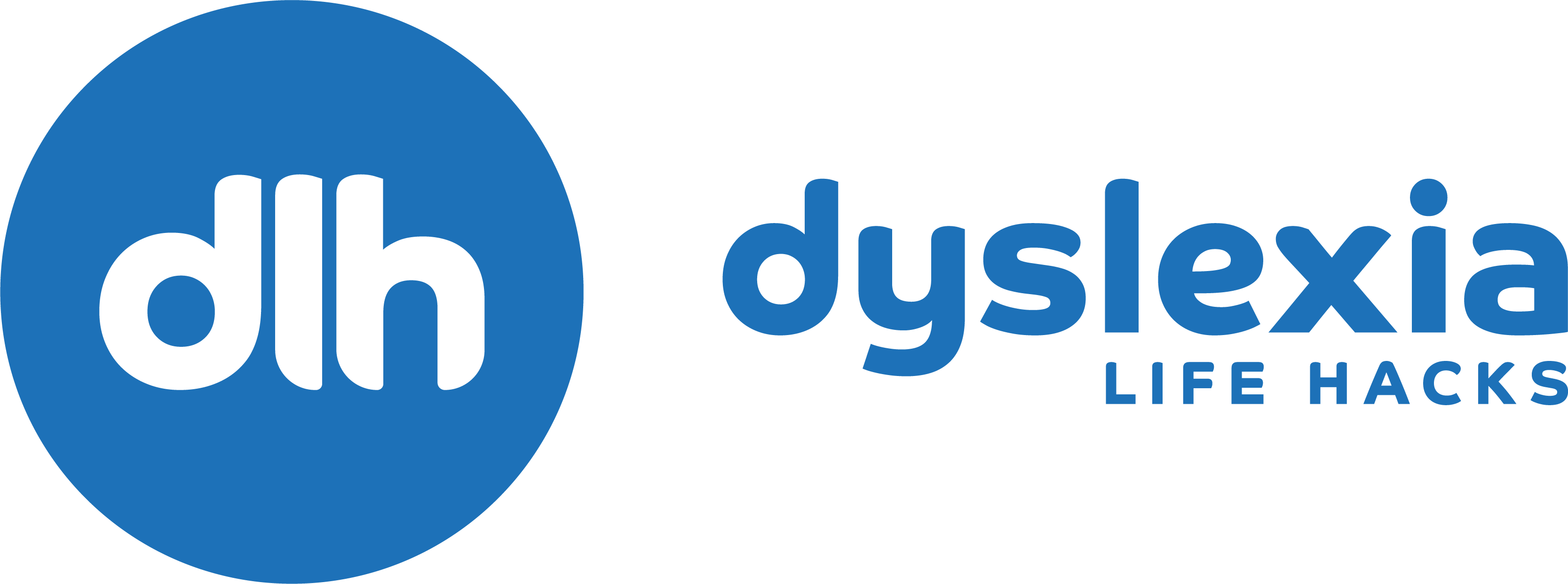YouTube is a great resource for dyslexics and non-dyslexics alike, whether it’s educational content on how to use the new software package you just downloaded or interviews with like-minded people.
YouTube is great, particularly when you are a visual learner. I spent quite a lot of time at University using Khan Academy to brush up my calculus.
Find a channel suit your learning style particularly good visuals and you’re off to the races!





